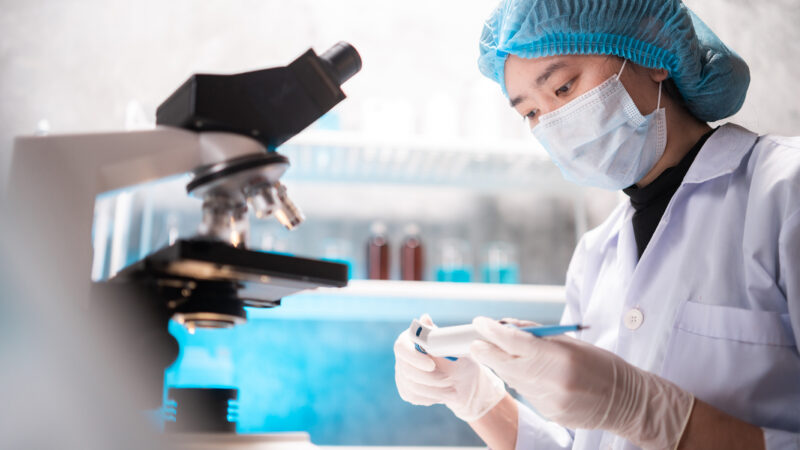Infection rates following surgical procedure vary across countries, however the causes and the ranges of variation are not well understood.
In this Global Health Talks conversation with host Mike Lesner, Dr Charles Edmiston discusses how infection monitoring came to the forefront in a body of work from the Lancet Infectious Diseases in 2018. The subsequent article looked at data from 343 hospitals across 66 countries on the types of infection and their incidence (ref: Surgical site infection after gastrointestinal surgery in high-income, middle-income, and low-income countries: a prospective, international, multicentre cohort study https://www.thelancet.com/journals/laninf/article/PIIS1473-3099(18)30101-4/fulltext).
From the analysis, the range from high income countries 9.4% compared with 23% in low income countries. However certain procedures had higher level infection rates.
The causes of the infections are not as high as would be assumed on the surgical procedure, but co-morbidity and lifestyle choices including alcohol consumption may exacerbate risk. As Dr Edmiston states, there are a myriad of causes, and funding is limited in many countries. However there are some solutions, where goals, performance tracking against the goals and better communication is needed.
Surgical care bundles from 20 years ago, are referenced by Dr Edmiston on pre-operative protocols for mitigating risk such as cleansing skin prior to procedure and in the cases of smokers, ceasing earlier to help with post-operative wound healing. Surgical care bundles work in a co-operative fashion, where one system may fail, another comes into play.
COVID-19 has given the public, an appreciation of the ramification of the existing state of health, impacting the outcomes they may face. Dr Edmiston talks on how patients and family play a critical role and need to be part of planning and mitigation leading to up to procedure.
During the talk, Dr Edmiston also discusses the causes for 23% infection rates in low income countries. Aside from access to clean water to drink and wash, access to post-operative health services either in person or by virtual care are limited. This also includes giving the patient antibiotic prophylaxis immediately prior to surgery, to reduce the chances of infection during surgical procedure.
Dr Edmiston speaks about his involvement in a Singapore conference in 2019 on antibiotic stewardship to counter widespread use in infection control in the Asia-Pacific region. The aims being to make the findings available to clinical colleagues not in attendance.
In closing Dr Edmiston, reflects on his 44 years of work in surgical site infection prevention. Today he works at the Medical College of Wisconsin. Reflecting on his life’s work being part of an ‘orchestra’ rather than 1 individual’s work, Dr Edmiston continues to help others tackling global efforts to reduce the risk of postoperative infections.



